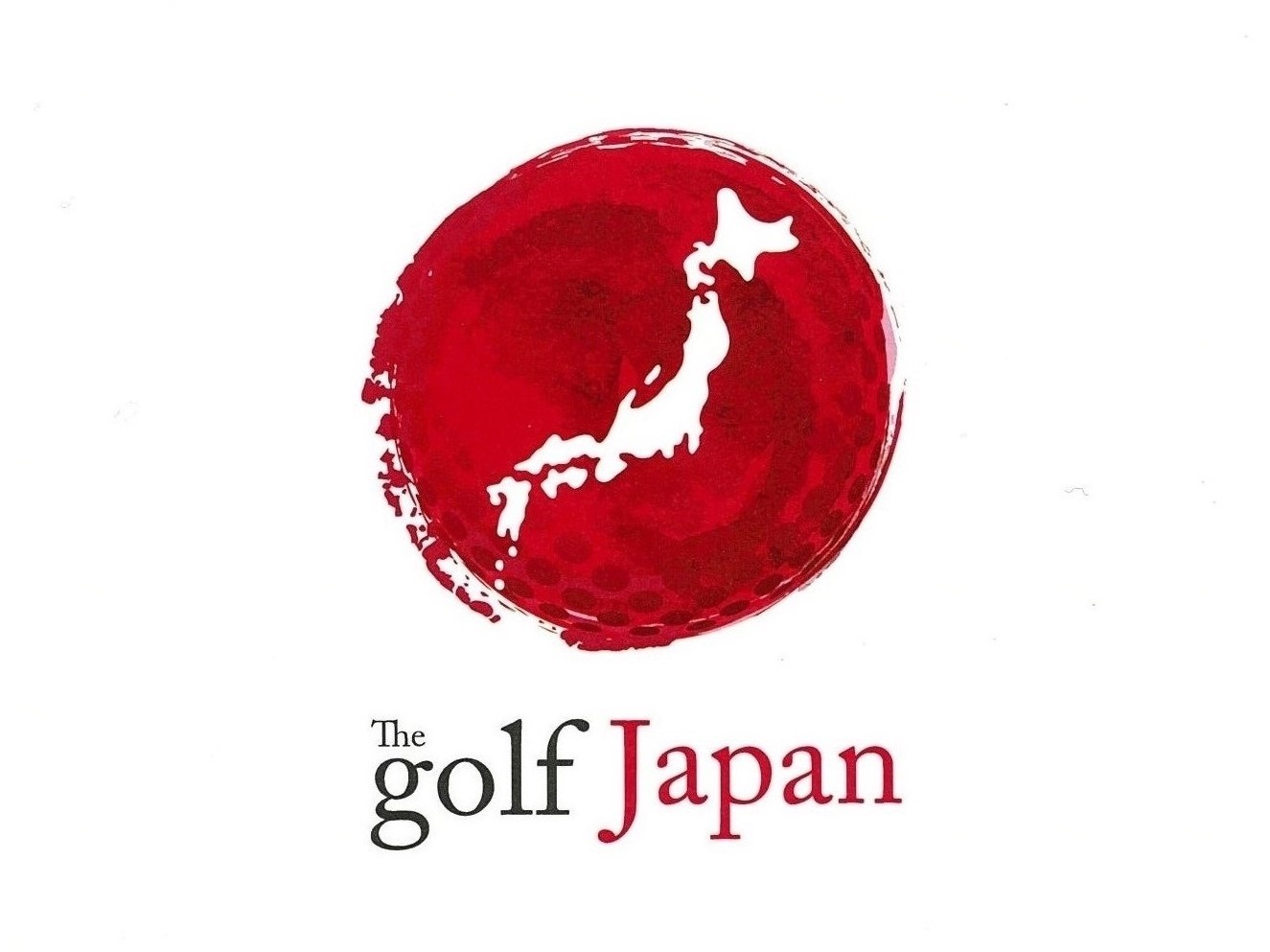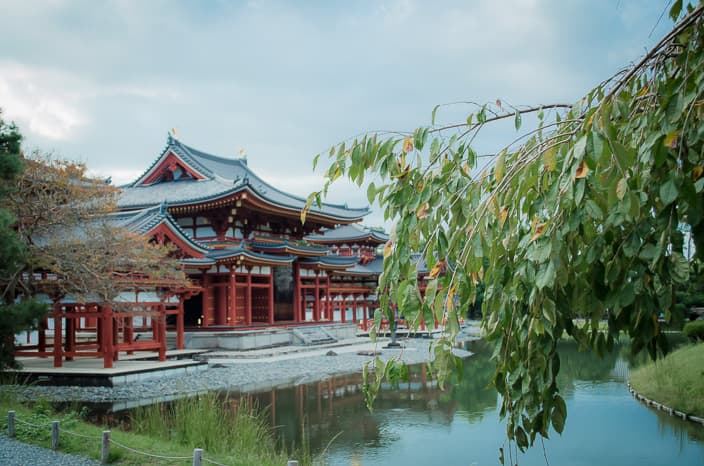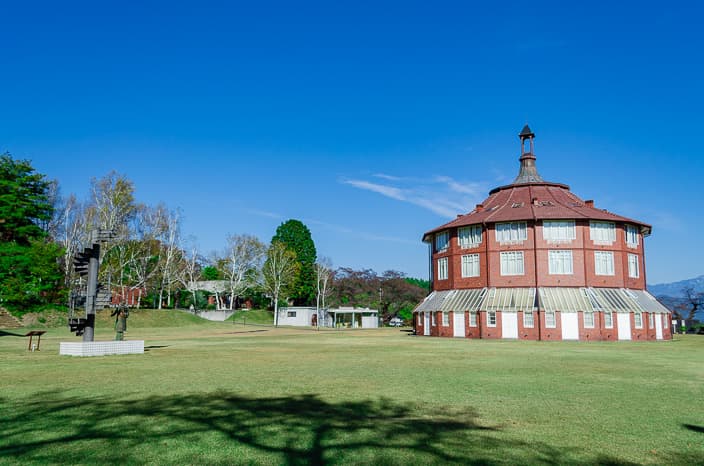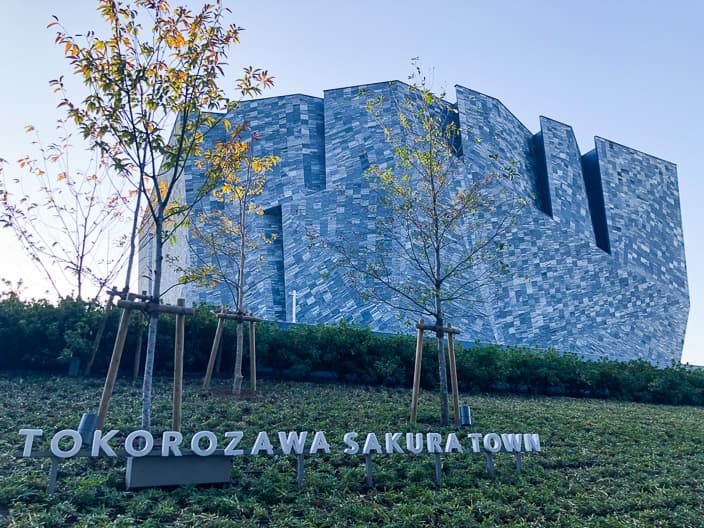In Uji City, a 30-minute drive from Kyoto City, is the Byodoin Phoenix Hall, registered as a World Cultural Heritage Site. Since it is drawn on the 10-yen coin, it is a very familiar temple for Japanese people!
As I had actually personally never been there before, so I took the chance to visit it on the way from Shoujuin to Kyoto.
[related id=1639 label=” Please read this too”]
Byodoin
Byodo-in was originally a villa of Fujiwara no Michinaga, a regent in the middle of the Heian era. It was converted into a temple in 1052 by his son Kampaku Yorimichi. It is registered as a World Cultural Heritage Site and owns many national treasures.
Among them, the Phoenix Hall is a masterpiece of traditional architecture and you can enjoy the beautiful appearance of the Mido where the sitting statue of Amida Nyorai, a Buddhist master, was enshrined in Aji Pond.
I parked my car in a nearby parking lot and walked a few minutes along the Uji River, before arriving at the Byodo-in Gate. After paying the admission fee here, we headed into the garden.
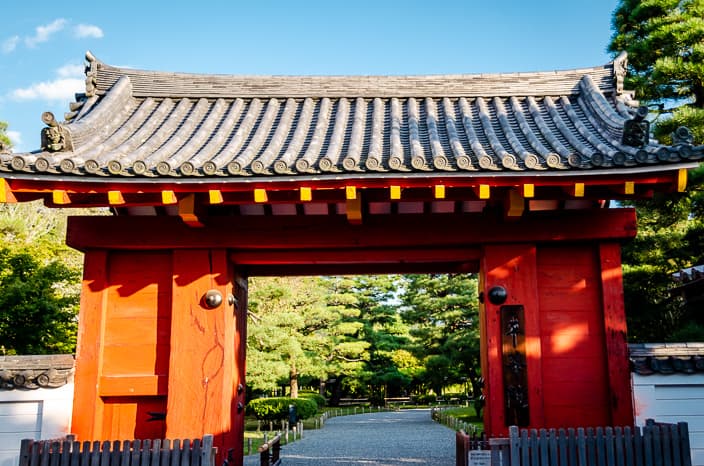
As soon as you enter, you will see a beautiful phoenix hall. At first, you can only see the sides, but as you walk around the garden, you can see the Amida-do, which looks like a phoenix with its wings spread.
I used to see the Phoenix Hall with a 10-yen coin almost every day, but when I actually stood there, I was overwhelmed by its vivid colors and size. It matches the natural beauty of the garden and makes you feel like you have traveled back in time to the Heian era.
You can also visit inside the Phoenix Hall for an extra charge. There is a capacity of 20 people each time and the staff will guide you in front of the sitting statue of Amida Nyorai, explaining about the history and cultural assets. Since I arrived in the evening, I couldn’t make it in time, but I would love to see it, if I have a chance to go again!
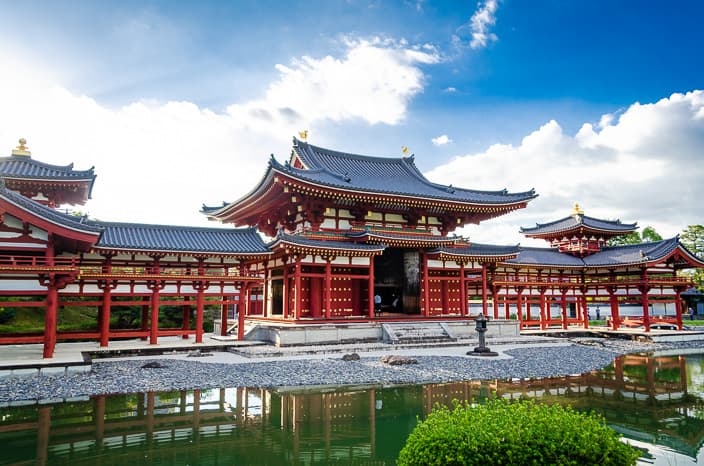
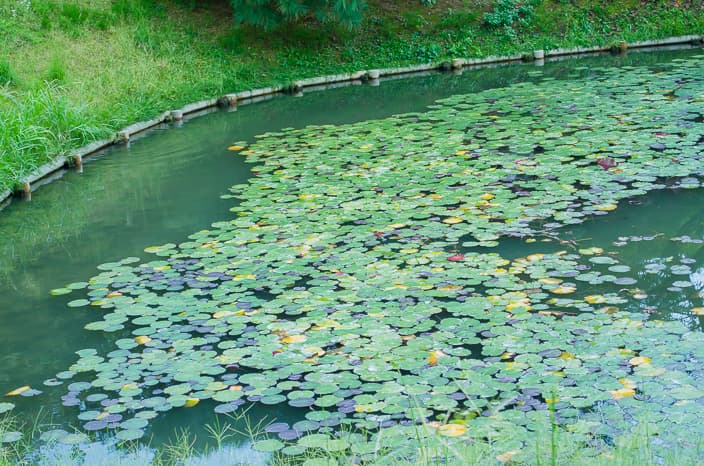
The phoenix standing on the roof of Chudo (the middle one) is also familiar to Japanese people, as it is featured on the 10,000 yen bill.
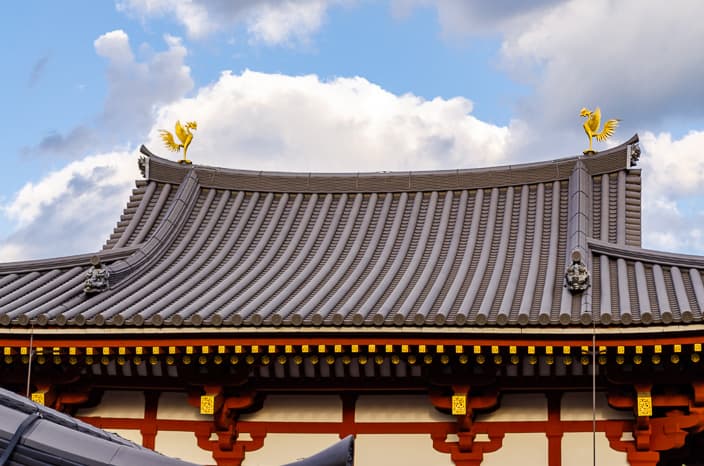
The admission fee also includes the “Hoshokan Museum” and the first thing on display was a number of phoenix and cloud memorial Bodhisattva motif art made by contemporary artists. It was a fun work to see, “Is it expressed in this way beyond history?” “The approach is so different depending on the person.” Perhaps this exhibition is not permanent, but I couldn’t find a confirmation – sorry!
After that, when I went deeper inside and found many sculptures and crafts that have remained here since the Heian era. There were many Bodhisattva statues in the clouds and none had the same expression, yet all of them seemed to be playing happily!
Then I was able to see the first phoenix. While the second phoenix shines golden, the first one has peeled off with time and now has a bluish black color. This made me wonder if it had seen the glory of Japan for hundreds of years.
I couldn’t keep my daughter quiet for such a long time, so I rushed to see it, but I wanted to take a closer look if I could ! Shooting is prohibited inside the building, so I will come back to see the phoenix someday.
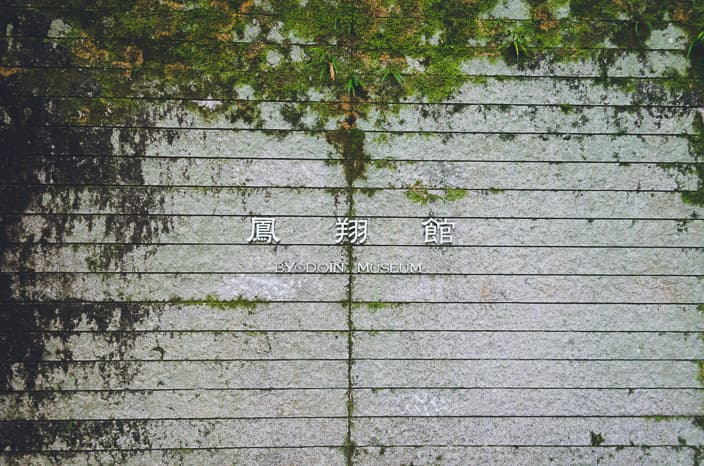
If you have already visited the main spots in Kyoto, why not go back in time to Uji and travel back in time to the Heian era?
Byodoin
| Address | 116 Uji Renge, Uji-shi, KYOTO |
| TEL | 0774-21-2861 |
| Open Hour | 【Garden】8:30 – 17:30 (Last entry at 17:15) 【Visiting interior of Phoenix Hall】9:30 – 16:10 (every 20 minutes / max 20 people per visit) * Reception: from 9:00 (On a first-come first-served basis up to a maximum 20 people per visit) 【Byodoin Temple Museum “Hoshokan”】9:00 – 17:00 (Last entry 16:45) |
| Close | Open everyday |
| Admission Fee | < Garden + Byodoin Temple Museum “Hoshokan”> 【Adult】600 yen 【Junior / Senior high school student】400 yen 【Elementary school student】300 yen * A separate admission fee is not available for entering the garden only. < Visiting the interior of Phoenix Hall > Byodoin temple asks every visitor to pay 300 yen as an admission fee. |
| Website | https://www.byodoin.or.jp/en/ |
